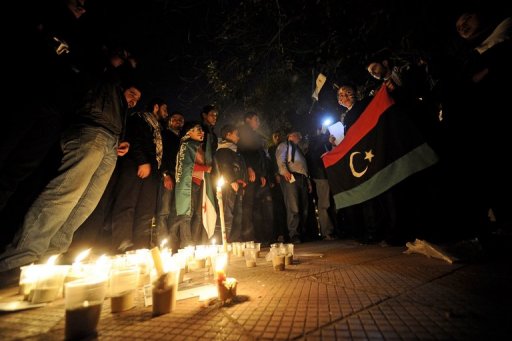CAIRO: Egyptian developer Palm Hills will focus on maximizing returns from its existing land bank and aims for recurring revenue projects such as malls, hotels and leasing to contribute 30 percent of revenue within five years.
The company is shifting focus from enlarging its 48.4 million square meter land bank to an emphasis on cash flows, and is looking to grow in the hotel business, Palm Hills Chairman and CEO Yasseen Mansour told Reuters in an interview on Monday.
Housing demand in Egypt remains buoyant – even as hundreds of billions of dollars worth of construction projects have been put on hold elsewhere in the Middle East since the financial crisis curbed property investment – and ongoing construction has even provided a prop to regional steel producers.
Mansour said that despite the financial crisis, genuine demand for properties in Egypt would continue, with the government expecting massive population growth east and west of Cairo. Palm Hills has projects in both areas.
The price of housing in these suburbs of Cairo has grown 1.5 times the price of identical units within Cairo, Mansour said.
We have a lot of value in the real estate that we have, so our concentration is not to increase that, but to realize the maximum out of the real estate portfolio that we have, Mansour said.
Mansour said the firm was concentrating on getting into recurring income activities including in-house leasing, and was also looking at the hospitality and hotels business.
We could be purchasing some hotel rooms. We could be looking at growth in that specific field, in the tourism field, more hotels, either by greenfield growth or by acquisitions … we see our business changing into that, Mansour said.
Palm Hills said in May it had signed an agreement with the Ritz-Carlton Hotel Company to operate a 160-room hotel located in the Egyptian developer s flagship project.
Mansour said the company would seek recurring income even in real estate developments, through setting up an in-house leasing unit for apartments and villas, as well as commercial rentals like office space, malls and street-front shops.
Demand still strong
Mansour said supply and demand for high-end units, which the company defines as costing more than LE 1.5 million ($268,000), had dropped to a rough equivalence, but there would still be a shortage on the higher middle-end units (LE 500,000 – LE 1.5 million), with demand still more than twice as high as supply.
Around 68 percent of the firm s portfolio lies within higher middle-end category, and the average price for those units in 2009 was LE 1.2 million, which Mansour said the company wanted to lower by a further 20 percent by reducing the size of the units.
More than 90 percent of cancellations the company had seen since the financial crisis struck Egypt were on reservations, rather than on actual contracts, according to Mansour.
First quarter this year… cancellations were almost 2.5 times the reservations. This quarter, it s not yet announced, but so far, reservations are much more than cancellations. So I think we ve stabilized extremely, Mansour said.
We re concentrating on our execution capability, to build rapidly. We re utilizing the fact of somewhat lower raw material costs, so we re trying to expedite the construction as much as we can, Mansour said.
The company posted a 64 percent drop in first quarter net profit in May as sales dropped, but said then that it was well positioned to endure testing trade conditions.
Palm Hills owns two tracts of land in Saudi Arabia, but earlier plans to develop them simultaneously had been shelved.
Mansour said the situation in Saudi had improved and that Palm Hills now needed to identify which of the tracts of land would be developed first. He said he expected the Saudi land to start generating revenues within two years.


